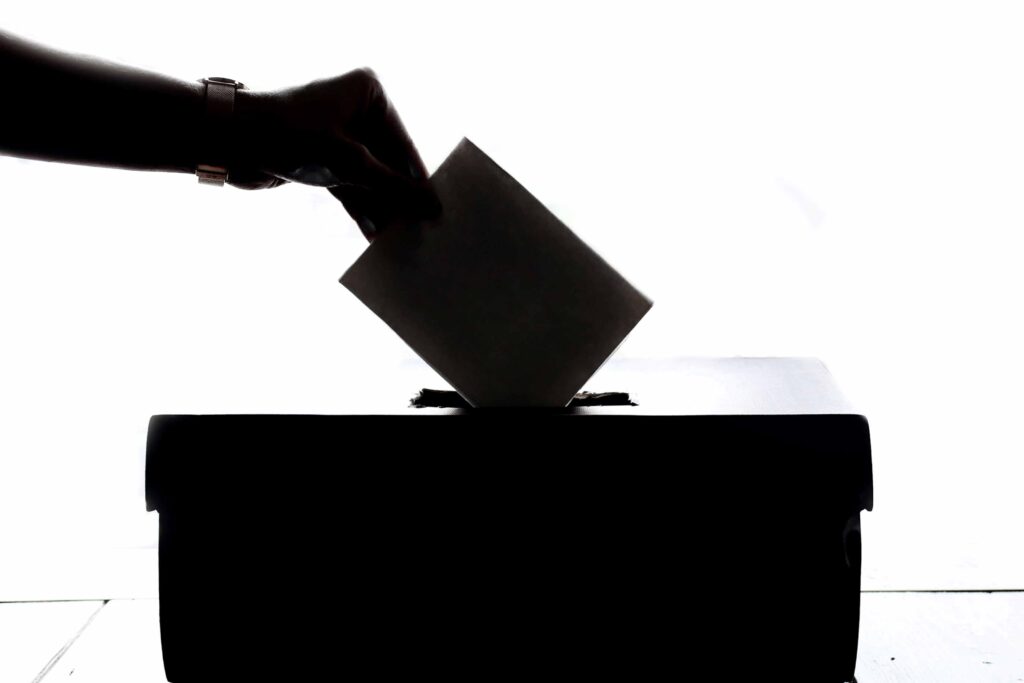In a dramatic development within the Democratic Republic of Congo’s political sphere, the electoral commission has disqualified three ministers and four governors from the results of last month’s elections. This decision, citing allegations of fraud and violence, has impacted a total of 82 candidates across legislative, provincial, and local elections, marking a significant upheaval in the nation’s governance.
The ministers affected by this ruling are Antoinette Kipulu Kabenga, Minister for Vocational Training; Didier Mazenga Mukanzu, Minister for Regional Integration; and Nana Manwanina Kiumba, a Minister in the President’s Office. Furthermore, Gentiny Ngobila, Governor of Kinshasa province, along with three other provincial governors and ten senators, have also been barred from holding office. This move has ignited protests among supporters of Mr. Ngobila, who argue that the disqualifications are politically biased.
In a notable omission, the electoral commission’s statement did not address the presidential election, in which President Félix Tshisekedi was re-elected by a considerable margin. This has sparked controversy, with the opposition condemning the entire electoral process as fraudulent and calling for a rerun. In response to the commission’s announcement, eight opposition candidates have accused it of implicitly acknowledging electoral malpractices. Martin Fayulu, who secured third place in the presidential contest, questioned the selective corruption claims, pointing out the apparent discrepancy between the integrity of the presidential and legislative elections.
Amid these allegations, only one candidate has formally contested the election results in court. The main opposition leaders, expressing skepticism about the judicial system’s impartiality, have urged the public to resist what they term ‘electoral fraud’. However, they have not provided specific guidelines for such resistance.
The elections, conducted on 20 December, were fraught with logistical challenges, leading to an extension into a second day in certain regions. Observer groups noted that approximately two-thirds of polling stations opened late, and 30% of voting machines malfunctioned on the initial day. This resulted in long waiting times for voters, with many ultimately choosing not to vote.
The electoral commission, in justifying the disqualification of the 82 candidates, cited various offences including fraud, corruption, violence against election workers and voters, and vandalism of electoral equipment. As a result, all votes cast for these candidates have been annulled. The outcomes of the elections they contested have not been declared, except for the presidential race.
The election saw a massive turnout of about 100,000 candidates. Additionally, the commission announced the cancellation of elections in two of the country’s 182 constituencies due to logistical issues. In certain eastern regions and parts of the west, voting was rendered impossible by the presence of armed groups.
Despite these challenges, Denis Kadima, the head of the electoral commission, has maintained that the presidential election results, which saw President Tshisekedi winning with 73% of the vote, are a true reflection of the Congolese people’s choice. His closest competitor, Moise Katumbi, received 18% of the votes, while Mr. Fayulu obtained 5%. The voter turnout was reported to be just 43%.
If these results are confirmed by the constitutional court, President Tshisekedi will be inaugurated for a second term on 20 January. This tumultuous period in the Democratic Republic of Congo’s political history underscores significant challenges to the electoral process’s integrity. The widespread disqualifications and allegations of fraud cast a shadow over the future of democratic governance in the country, raising crucial questions about the path forward.






